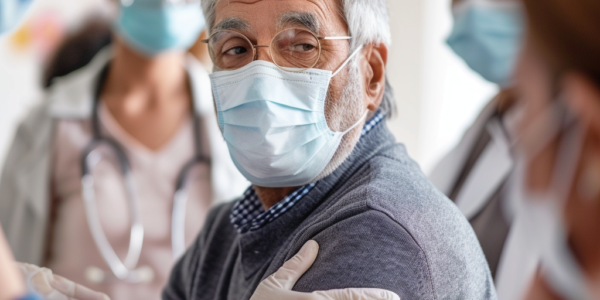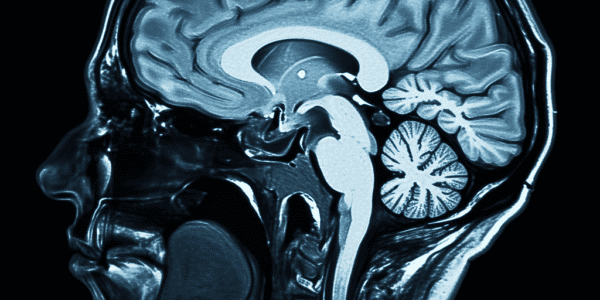WHO Launches CoViNet: A Global Network for Coronaviruses
WHO launches CoViNet, a global network for coronaviruses, aimed at early detection, monitoring, and assessment of SARS-CoV-2, MERS-CoV, and other novel coronaviruses. The network comprises 36 laboratories from 21 countries across all six WHO regions, emphasizing a One Health approach to monitor and assess coronavirus evolution and spread. The data generated through CoViNet’s efforts will guide WHO’s global health policies and tools.
Understanding the Risk of Reinfection with JN.1 Variant
With the emergence of the JN.1 variant, understanding the risk of reinfection for those previously infected or vaccinated is crucial. Factors such as vaccination history, underlying medical conditions, and age can all influence an individual’s level of protection. Stay informed about the latest guidance and recommendations from health authorities as the pandemic continues to evolve.
COVID-19’s Impact on Women’s Libido
Discover how COVID-19 has impacted women’s libido and intimate experiences, with a significant drop in sex drive reported after the infection. Researchers at Boston University delve into the physiological and psychological factors at play, shedding light on the lasting effects of the pandemic on physical health and intimacy.
Challenges and Potential Preventive Measures for the Immunocompromised Community During COVID-19
The COVID-19 pandemic has presented unique challenges for the immunocompromised community, who are struggling to find effective protection against the virus. With the withdrawal of monoclonal antibody treatments from the market, this vulnerable group is facing a shortage of resources to safeguard themselves. In light of this, many are turning to supplements, vitamins, and other products in the hope of strengthening their resilience against COVID-19. Among the commonly studied supplements are vitamin C, vitamin D, zinc, copper, iron, N-acetylcysteine, and quercetin. However, the evidence regarding their effectiveness is inconclusive due to confounding variables and the limitations of well-designed clinical trials. Despite the potential of antiviral drugs in preventing the progression from mild-to-moderate disease to severe illness in COVID-19, their utilization remains remarkably low in the general adult population. Recognizing the value of antiviral drugs in preventing severe disease outcomes is crucial, particularly for patients with comorbidities. Amidst these challenges, the importance of standard precautions and vaccination cannot be overstated.
International Health Leaders and Disease X
International health leaders have learned nothing from COVID failures By Daniel Nuccio January 29, 2024 8:36 am What are you doing to prepare for Disease X? If you are like most people, probably nothing. This is likely the first you…
Study Shows Mutated COVID-19 Strain GX_P2V with 100% Mortality Rate in Mice
Chinese scientists have conducted a study on a mutated strain of COVID-19, known as GX_P2V, which has shown a 100% mortality rate in ‘humanized’ mice. The virus, a mutated version of GX/2017, a coronavirus cousin discovered in Malaysian pangolins in…
Long-Term Effects of COVID-19 on Brain Function and Structure
In a recent preprint research paper, scientists have delved into the long-term effects of COVID-19 on brain function and structure. The study, which involved 351 COVID-19 patients and 2,927 healthy controls, utilized serum biomarkers and neuroimaging to uncover the impact…
World Economic Forum’s Davos meeting to feature session on ‘Preparing for Disease X’
The World Economic Forum’s upcoming annual meeting in Davos, Switzerland, is attracting attention with a session titled ‘Preparing for Disease X.’ The term ‘Disease X’ has gained traction after the World Health Organization (WHO) warned about the possibility of a…
How Covid-19’s Symptoms Have Evolved with New Variants
How Covid-19’s Symptoms Have Changed with Each New Variant By David Cox With a new variant of the Sars-CoV-2 virus causing a spike in cases, it is demonstrating just how much the disease has changed since the pandemic began –…
Exercise can be harmful for some long Covid sufferers, new research shows
Exercise is good for health, but it can be harmful for some long Covid sufferers, new research shows. Those experiencing debilitating crashes after strenuous activity — a condition known as post-exertional malaise — risk severe tissue damage from hardcore exercise,…










